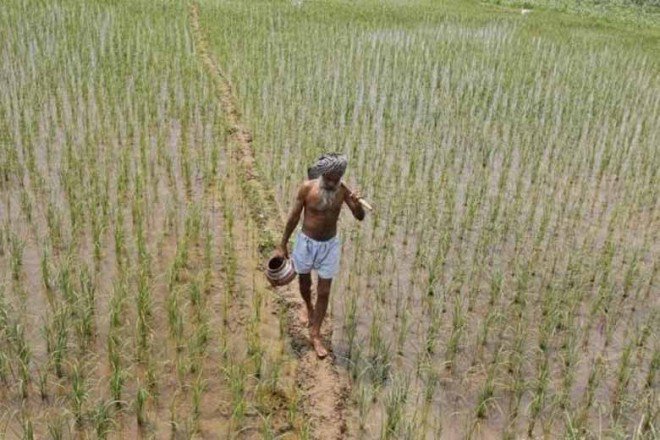“We have to wake up to the fierce urgency of the now,” Jim Yong Kim, President of The World Bank has said on Climate Change.
There is a concern over climate change, yet glaciers are melting, sea is rising, dry areas are becoming drier and wet areas are becoming wetter, with regular floods, cyclones causing massive devastation.
Yes, we read about global warming, yes we are aware, but we are yet to take action despite acknowledging global warming as part of our social discussions. Despite this, we are still skeptical of those who are warning us about global warming and somewhere we tend to think that those concerned about global warming are overreacting.
Compared to developed countries, developing countries such as India are much more susceptible to this transforming climate as lives and livelihoods are majorly climate sensitive. India is already under the abnormal spells of dry extended summers, late monsoons and heavy rains that cause flooding, shorter winters and so on. India is totally unprepared and has no mechanism to adapt or even have the open mindedness to acknowledge this imminent danger.
However sensational it may sound, there is a clear threat to our lives and livelihoods mainly in the rural areas and the most affected would be our agricultural sector, which could witness string of crop failures due to unpredictability of nature.
According to the Inter-governmental Panel on Climate Change (IPCC) report, climate change refers to any change in climate over time, due to natural variability or as a result of human activity which results in greenhouse gas emissions.
The developed countries are better equipped to deal with these changes but the developing and poor countries who are not well equipped to deal with these changes will see transformation at an unprecedented scale.
India, which is in the middle of an economic slowdown, is one such country and it is already experiencing adverse impacts of climate change and global warming. India’s poor and vulnerable population are at risk.
It is projected that India’s population could reach 1.4 billion by 2025 and if agricultural production is adversely affected by climate change, livelihood and food security in India would be at risk. Agriculture in India is associated with employment. Many emerging studies have directly linked climate change to agriculture in India and have shown convincing evidence that weather and climate in global warming conditions can not only adversely impact productivity in agriculture but can significantly affect the mortality rate in rural areas.
About 700 million of one billion population of India resides in rural areas. The rural population directly subsists on climate sensitive sectors like agriculture, fishery and forestry. The adaptive capacity of dry land farmers, forest dwellers, fishermen is very low. Climate change is already impacting the eco systems as well as the socio-economic systems as shown by the National Communications Report of India to the United Nations Framework Convention on Climate Change (UNFCCC).
Robin Burgess, Olivier Deschenes, Dave Donaldson, Michael Greenstone in their research The Unequal Effects of Weather and Climate Change: Evidence from Mortality in India noted that extended periods of global warming will have weather shocks for the population and it will have varied effects on rural and urban populations. Their empirical research examined the effects of hot temperature days on productivity, wages and price for rural and urban areas of India. They found that hot weather sharply depresses agricultural yields and the wages of agricultural laborers in rural areas but exerts no impact on urban productivity, wages or prices.
Most think tanks and agencies have lowered India’s growth projections. The World Bank has drastically slashed India’s growth projections from 7.5% to 6% for the current financial year.
Unfortunately our government and policymakers along with other stakeholders look for growth boosters, they seem to look past the impact that climate change can have on the overall economy. They seem to be talking on this and making the right noises on all important economic issues but our preparedness for sustainable growth remains dismal with no serious thought being given to this issue.
It is time, we took this with utmost sincerity considering the fact India has been witnessing severe floods across the country for the last few years.
Lack of proper study of the emerging evidences and our denial of the impact of climate change can delay and damage our preparedness towards taking effective measures to combat this change. The issue of climate change needs proper response and we need to deal with it at the earliest.

